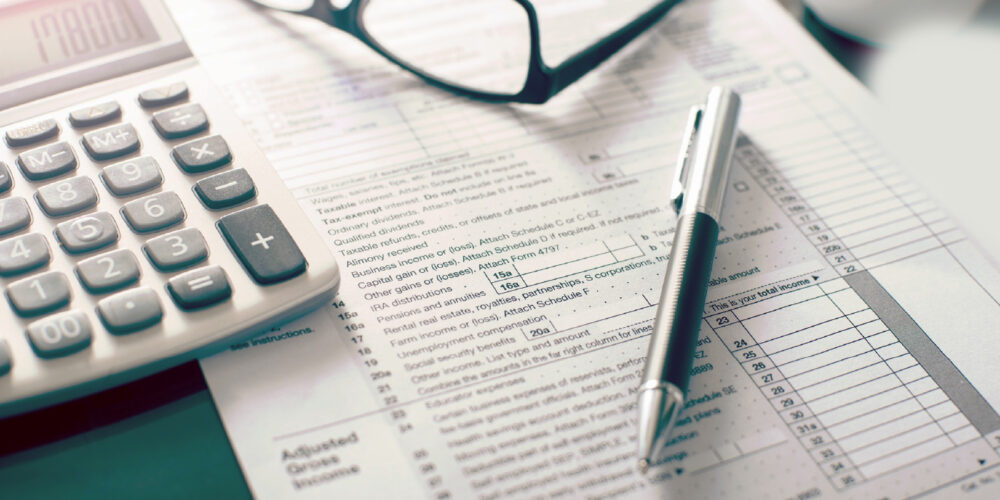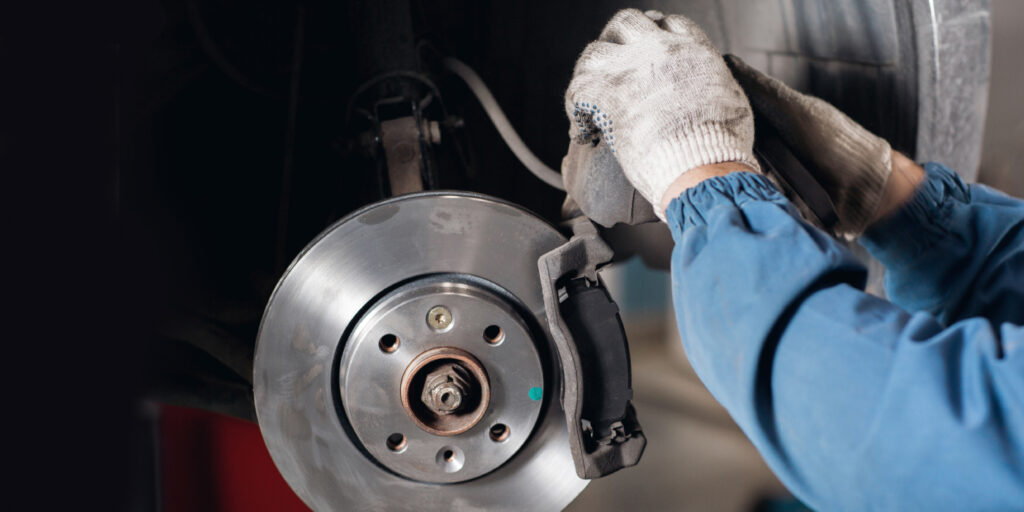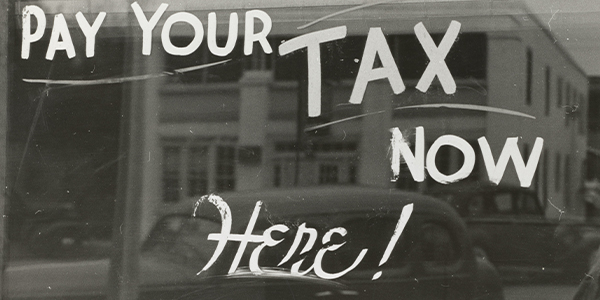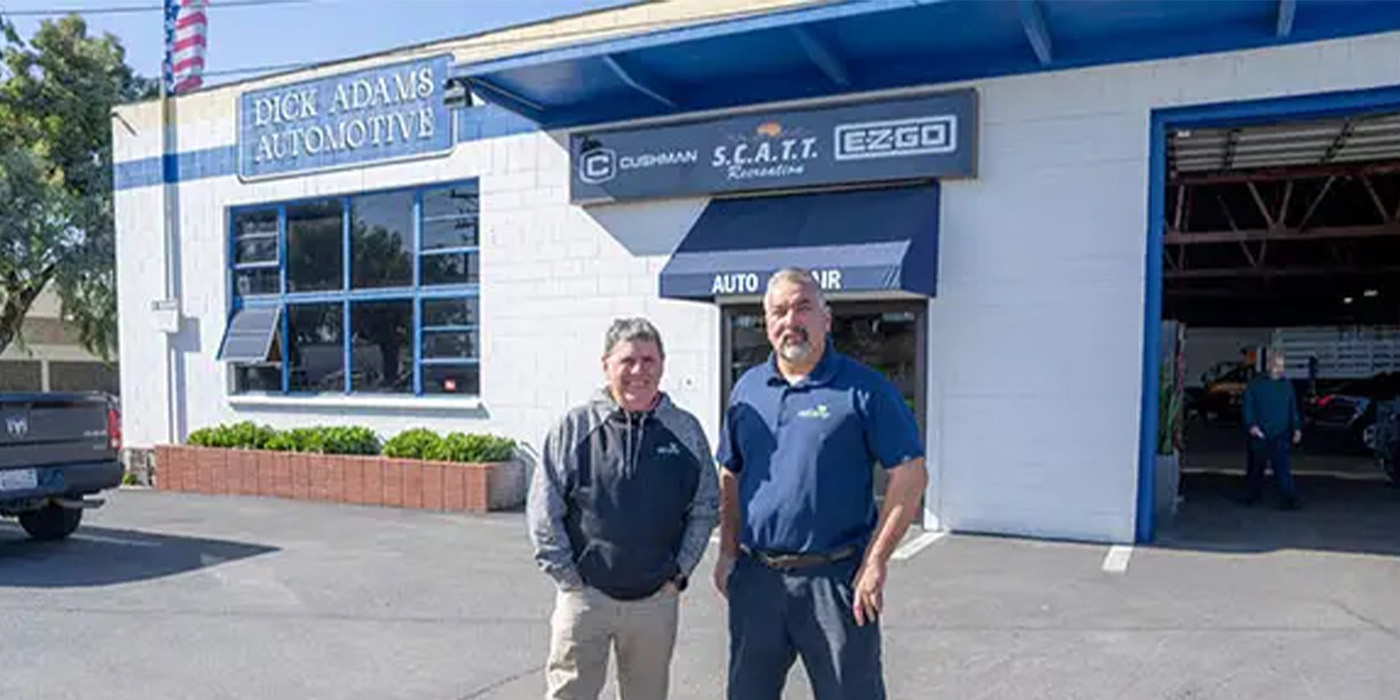It is the rare service and repair shop owner or manager who doesn’t attempt to keep the operation’s annual income tax bill to a minimum with tax planning, either year-round or end-of-the year. Claiming the maximum deductions legitimately available is also a “no-brainer” with both self-prepared tax returns and those professionally prepared. Why then is a bill for a tax that is one of the biggest expenses of many businesses, one that is prepared by the local taxing authorities, often paid without question?
The property tax is a local tax based on the market value of privately owned property such as repair shop’s land, buildings and assets attached to that property. Unlike most taxes, property taxes are calculated by a government employee multiplying the property’s value and applying the tax rate to the property’s proportionate value.
Another facet of the property tax in many locales requires the business to provide the value of other business assets including equipment, vehicles and, in some cases, even inventory. In these cases, although local officials figure the final property tax bill, it is based on the value of the shop’s business property as reported by the business.
Many businesses own little or no property. However, just because the business rents its shop or other property doesn’t mean that property taxes can be ignored. In the Northeast, for example, studies show that property taxes range from 15 to 25 percent of the total rent paid by most businesses.
Obviously, understanding the service and repair operation’s assets and the local jurisdiction’s property tax rules can help ensure only the fair share of property taxes are being paid. Correcting the appraised value assessed by the local property tax jurisdiction – or ensuring current values of the operation’s other assets are reported correctly – can open the door to property tax savings for years to come.
LOW PROPERTY TAX BILLS
Nearly all property taxes apply to real property. This includes land, buildings and all improvements (often called “fixtures”) that can’t be removed without damage to the property. The business property tax is a state or local tax based on the assessed value of the shop’s land or real estate, as opposed to its fair market value.
Although the local property tax authorities calculate the annual property tax bill the shop is responsible for paying, there are a number of steps that can be taken to reduce the assessed value they base that bill on.
But how accurate is that assessment? One of the reasons that business property taxes are so complicated is because they are variable. In other words, a repair shop’s property is appraised by the local assessor using any one of several methods to arrive at the property’s assessed value. Some localities may use the market value versus an appraised value. In all cases, however, a percentage of the value is used to determine the assessed value.
Some states impose a statewide limit on the maximum rate but, even so, such systems are obviously ripe for errors. Local jurisdictions impose different tax rates for different types of property such as business property and residential property. However, distinguishing between real and personal property isn’t always simple.
BASIC GROUNDS FOR APPEAL
Not too surprisingly, there are literally hundreds of variables that can come into play when attempting to determine the value of property. From small details such as the total square footage, the overall property’s size to smaller details such as recent improvements, looking for details that the local assessor may have overlooked or misstated is a great starting point for an assessment appeal.
One of the best ways to gather evidence that property tax assessment was inaccurately prepared by the municipality is to look at how similar property has been assessed in the municipality’s public records. It’s important to compare similar properties in many different areas such as the size of the property, additions or modifications, etc. If similar property in the shop’s locality is discovered with lower values, it may be a case for an appeal.
Determining the market value of business property usually involves computing the earning potential and expenses, with the local authorities using a percentage of this assessed market value to compute the tax bill.
If the business property was recently purchased or data is available from previous purchases, there is a good chance that a case for appeal exists. Naturally, the property cannot have been purchased “under duress” and thereby losing ground as evidence.
REAL VS. PERSONAL PROPERTY TAXES
All-too-frequently the term “property tax” is associated only with homeowners. However, just as homeowners must pay property taxes on their house, the shop must pay property taxes on its commercial real estate. Often overlooked is the fact that businesses must do the same with their business personal property.
A repair shop’ property taxes usually fall into one of two categories: real property and personal property. Real property includes stationery assets such as buildings and land. Personal property can be either ‘intangible” or “tangible.” Intangible property includes such things as trademarks, patents, copyrights, intellectual property and software.
In addition to intangible assets, the business property tax is often assessed as so-called tangible personal property owned by the business but not physically attached to a location such as:
- Business equipment
- Business vehicles
- Machinery
- General business tools and supplies
- Furniture such as desks and chairs
- Inventory
- Computers, printers and scanners
- Movable assets and other tangible personal property necessary to conduct the business.
BUSINESS PROPERTY TAX AUDITS
Unfortunately, a Business Personal Property Tax Audit can result in unexpected tax liabilities, penalties and interest payments as well as being time consuming. When auditors examine a shop’s financial information, they frequently request items outside the scope of completing the audit of a personal property tax return, adding more time.
In fact, some audits can cover periods of up to four years resulting in a time-consuming information gathering process. Reducing the amount of financial information auditors have control over with concrete data to support lower values and taxes are often provided by outside professionals.
With property tax rates fixed at the state level, it’s important to keep in mind that challenging the amount of property taxes is never going to be successful.
Instead, what will be challenged is the assessment made by the municipality’s assessor. Assessors working for the taxing municipality have various levels of experience and expertise. This can often result in key details being omitted or mistakes made, but not detected.
In addition to the owner’s knowledge about his or her property, information on the property can also be found by contacting the assessor. Although inefficient and time consuming to track down a jurisdiction’s tax information and requirements, it can reveal a number of errors.
Experienced or not, municipal officials are generally pretty smart and rarely intimidated or fooled into re-assessing a shop’s property. Typically, filling out a couple of forms and submitting a letter or petition will kick-start the appeal process. Since the process can be different depending on the municipality’s location, ensuring that the requirements are followed is important.
This is usually a process that can be accomplished by the shop owner without outside help. If successful, the adjusted value becomes the new basis for the property tax for years to come.
Although no one knows the shop better than its owner or manager, property tax appeals are time-consuming, complex and require understanding the process that exists in every property tax jurisdiction where the business has property. Thus, the need for professional help.
Hiring outside professional assistance can mean success, with less time consumed along with nominal fees. Fortunately, there are firms that will undertake an appeal on a contingency basis where fees are based solely on the amount of a reduced property tax bill over a period of years.
The local tax obligation of many shops is the business property tax. Bottom line, the business property tax is simply another piece of the tax picture everyone, property owner and tenant, must deal with. Surprisingly, many repair shop owners and managers, for whatever reason, are hesitant when it comes to appealing the property tax assessment. They may not want to offend the local assessor; they feel appealing is morally wrong or potential unethical. In reality, appealing property tax assessments is quite common and the right thing to do in order to ensure the shop is paying only its fair share of property taxes.
Calculating and paying taxes, all taxes, is one of the more complicated and tedious parts of operating a business. Further complicating matters, since the business property tax is computed at the local level, a knowledge of business tax laws and the service or repair shop’s obligations is a necessity. As with all business taxes, however, that knowledge and attention to detail can help ensure the shop’s business property tax responsibilities are met — at the lowest possible cost. Professional assistance may help.













